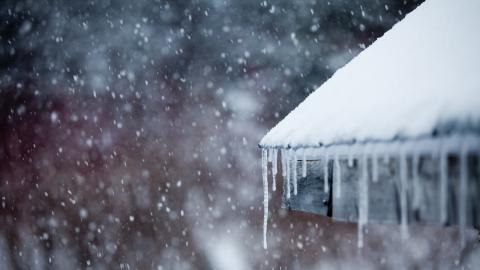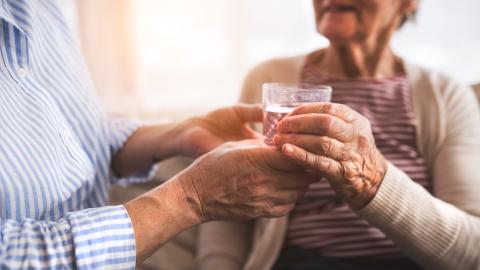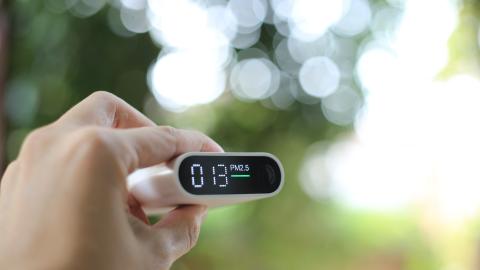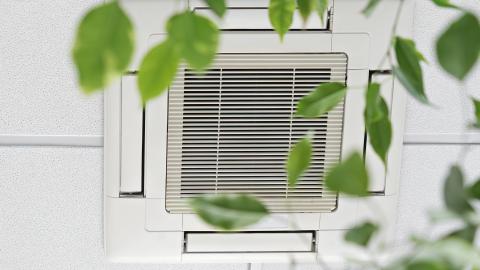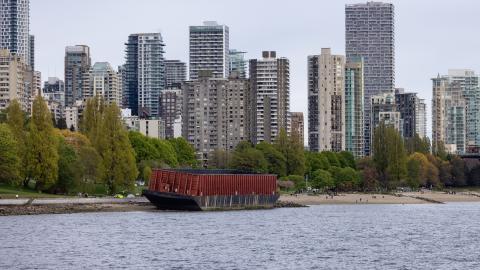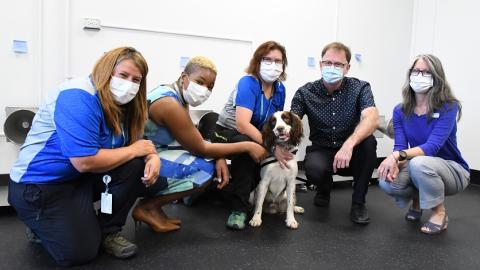Press release
VCH Heat Warning guidance for Howe Sound and Central Coast regions
Howe Sound, B.C. – Environment and Climate Change Canada has issued a Heat Warning for the following areas within the Vancouver Coastal Health (VCH) region from Tuesday Aug. 30 to Wednesday Aug. 31:
Howe Sound, B.C. – Environment and Climate Change Canada has issued a Heat Warning for the following areas within the Vancouver Coastal Health region:
-
Howe Sound, including Bowen Island, Britannia Beach, Furry Creek, Lions Bay, Porteau Cove and Squamish. From Tuesday, Aug. 23 to Thursday, Aug. 25: forecasts are for daytime high temperatures of 29 to 30 degrees Celsius, with early morning low temperatures of 16 to 17 degrees Celsius.
-
Central Coast – Inland, including Bella Coola, Hagensborg, Firvale and Stuie. From Tuesday, Aug. 23 to Friday, Aug. 26: forecasts are for daytime high temperatures of 28 to 30 degrees Celsius, with early morning low temperatures of 14 to 16 degrees Celsius.
-
Sunshine Coast, including Gibsons to Earls Cove; Saltery Bay to Powell River. From Wednesday, Aug. 24 to Thursday, Aug. 25: forecasts are for daytime high temperatures of 29 to 34 degrees Celsius, with early morning low temperatures of 15 to 17 degrees Celsius.
-
Whistler and Pemberton. From Wednesday, Aug. 24 to Thursday, Aug. 25: forecasts are for daytime high temperatures of 29 to 34 degrees Celsius, with early morning low temperatures of 15 to 17 degrees Celsius.
Please note that temperatures within these regions may vary significantly. This heat event is not forecast to meet criteria for an Extreme Heat Emergency.
With elevated temperatures, the risk of heat-related illness increases.
The BC Centre of Disease Control provides a broad range of heat-related guidance on its website, including information on the different types of heat alerts, how to prepare for hot temperatures, symptoms of heat-related illnesses, those most at risk during hot weather and ways to stay cool. For heat safety information specific to our region, please visit extreme heat.
Preparing for and responding to hot weather
- If you have air conditioning at home, make sure it is in good working order.
- If you do not have air conditioning at home:
-
- Find somewhere you can cool off on hot days. Consider places in your community to spend time indoors such as libraries, community centres, movie theatres or malls. Also, as temperatures may be hotter inside than outside, consider outdoor spaces with lots of shade and running water.
- Close windows, curtains and blinds during the heat of the day to block the sun and prevent hotter outdoor air from coming inside. Open doors and windows when it is cooler outside to move that cooler air indoors.
- Ensure that you have a working fan, but do not rely on fans as your primary means of cooling. Fans can be used to draw cooler late-evening, overnight and early-morning air indoors.
- Keep track of temperatures in your home using a thermostat or thermometer. Sustained indoor temperatures over 31 C can be dangerous for people who are susceptible to heat.
- If your home gets very hot, consider staying with a friend or relative who has air conditioning if possible.
- Identify people who may be at high risk for heat-related illness. If possible, help them prepare for heat and plan to check in on them.
Who is most at risk?
It is important to monitor yourself, family members, neighbours and friends during hot weather. Consider developing a check-in system for those who are at high risk of heat-related illness.
Everyone is at risk of heat-related illness, but hot temperatures can be especially dangerous for:
-
people over 60
-
people who live alone
-
people with mental illnesses such as schizophrenia, depression or anxiety
-
people with pre-existing health conditions such as diabetes, heart disease or respiratory disease
-
people with substance use disorders
-
people with limited mobility and other disabilities
-
people who are marginally housed
-
people who work in hot environments
-
people who are pregnant
-
infants and young children
Your health:
- Drink plenty of water and other liquids to stay hydrated, even if you are not thirsty.
- Spray your body with water, wear a damp shirt, take a cool shower or bath or sit with part of your body in water to cool down.
- Take it easy, especially during the hottest hours of the day.
- When outside, stay in the shade and use a broad-spectrum sunscreen with SPF 30 or higher.
- Take immediate action to cool down if you are overheating. Signs of overheating include feeling unwell, headache and dizziness. Overheating can lead to heat exhaustion and heat stroke.
- Signs of heat exhaustion include heavy sweating, severe headache, muscle cramps, extreme thirst and dark urine. If you are experiencing these symptoms, you should seek a cooler environment, drink plenty of water, rest, use water to cool your body and monitor your symptoms.
- Signs of heat stroke include loss of consciousness, disorientation, confusion, severe nausea or vomiting and very dark urine or no urine. Heat stroke is a medical emergency.
In the event of a medical emergency, call 911. However, it is important to use 911 responsibly to avoid overwhelming the system.
When to call 911:
In cases of heat stroke: loss of consciousness, disorientation, confusion, severe nausea or vomiting or very dark urine or no urine.
In general: when there is chest pain, difficulty breathing, loss of consciousness, severe burns, choking, convulsions that are not stopping, a drowning, a severe allergic reaction, a head injury, signs of a stroke, signs of an overdose or a major trauma.
If you have a less urgent health issue:
You can call HealthLinkBC at 811 and speak with a nurse or go to an urgent care centre or clinic if you can do so safely. That way, our emergency medical dispatch staff and paramedics will be available for people who need their services the most.
There are also online tools at healthlinkbc.ca, including a "Check Your Symptoms" tool.
About the BC Heat Alert and Response System (BC HARS)
The BC HARS includes two levels of alerts: heat warning and extreme heat emergency.
The criteria for the BC HARS are as follows:
- Heat warning:
- Two or more consecutive days in which daytime maximum temperatures are expected to reach or exceed regional temperature thresholds and nighttime minimum temperatures are expected to be above regional temperature thresholds.
- A moderate increase in public health risk.
- Extreme heat emergency:
- Heat warning criteria have been met and daytime maximum temperatures are expected to substantively increase day over day for three or more consecutive days.
- A very high increase in public health risk.
VCH is committed to delivering exceptional care for all 1.2 million people within the ancestral, traditional and unceded homelands of 14 First Nations. With more than 26,000 staff and medical staff, VCH is British Columbia's hub of health care innovation, research and academic excellence, providing specialized care to patients throughout the province.



